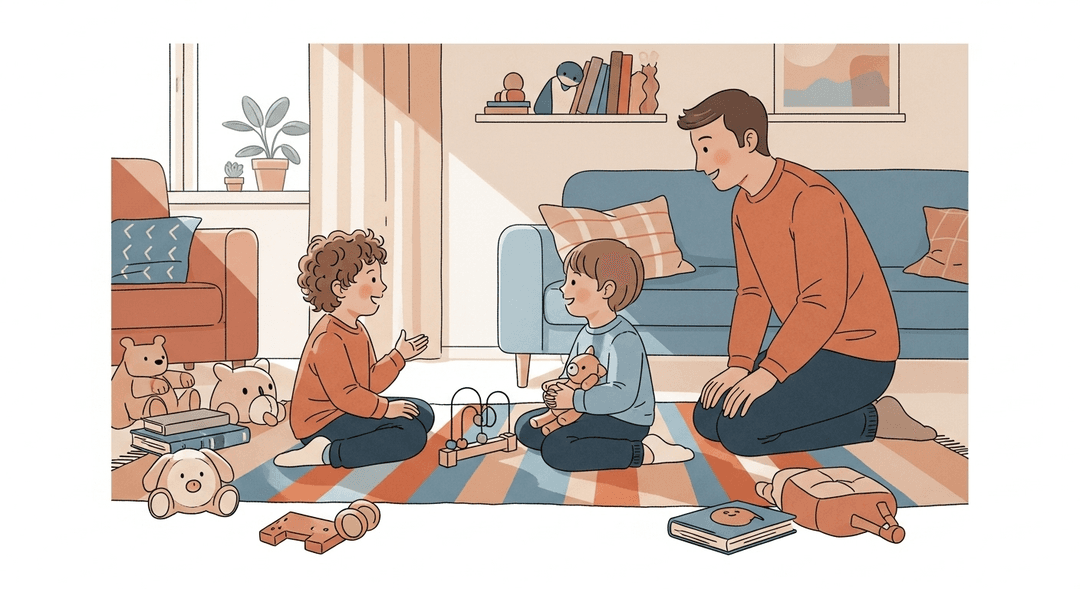Teach Conflict Resolution Skills
Ever feel like you’re running a mini United Nations summit, only with more screaming and fewer translators? Welcome to the magical land of sibling negotiation, where every toy is apparently the Holy Grail and every snack is a potential international incident. If you’re tired of being the default bouncer for toddler cage matches, this one’s for you—let’s swap the referee stripes for some actual peacekeeping skills (bonus: no more hiding in the bathroom for ‘just five minutes’).
Kids who learn to resolve conflicts get a sweet boost in emotional intelligence, empathy, and self-control—basically, their brains start wiring up for better relationships and less drama (for everyone). For parents, it means fewer stress hormones and more actual coffee breaks. Plus, you’re giving your child lifelong skills for handling everything from playground politics to future roommate ‘discussions’ about dirty dishes.
How to do it
First, take a deep breath and resist the urge to immediately "fix it" or hide under the dining table.
- Get down to your kids' level.
- Help each child express what they want and how they feel.
- Tip: Encourage them to use specific words, and avoid phrases like "because she's mean."
- Encourage each child to listen to the other.
- Brainstorm solutions together.
- Tip: Accept all ideas at first—even if the first suggestion is "let's both have all the cookies."
- Guide them toward a compromise.
- Celebrate any progress, no matter how small.
- Repeat this process as needed until you can officially retire as the family peace ambassador.
Key Tips:
- Stay calm and patient throughout the process.
- Focus on helping your kids develop their own problem-solving skills.
- Remember, practice makes progress!
